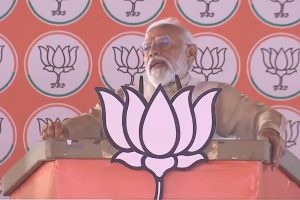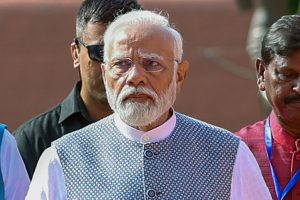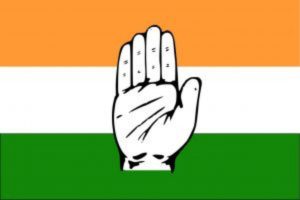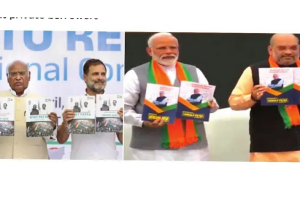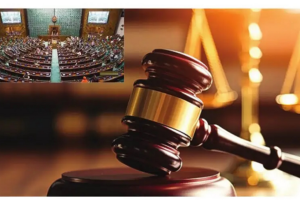The State Department has proposed not to issue temporary business visas for H-1B speciality occupations which allowed companies to send their technology professionals for a short stay to complete jobs on site in the US, a move which could affect hundreds of Indians.
The proposal, if finalised, will eliminate any misconception that the “B-1 in lieu of H policy” provides an alternative avenue for foreign professionals to enter the US for skilled labour that allows, and potentially even encourages them and their employers, to circumvent the restrictions and requirements relating to the “H” non-immigrant classification established by the Congress to protect US workers, the State Department said.
The move, made public on Wednesday, less than two weeks ahead of the November 3 presidential election, is likely to affect several Indian companies which send their technology professionals on B-1 visas for a short stay to complete jobs on site in the US.
In December 2019, the Attorney General of California announced a $800,000 settlement against Infosys Ltd to resolve allegations that approximately 500 Infosys employees worked in the state on company-sponsored B-1 visas rather than H-1B visas, the State Department said.
“The proposed changes and the resulting transparency would reduce the impact of foreign labour on the US workforce of aliens performing activities in a speciality occupation without the procedural protections attendant to the H-1B classification,” it said.
In its notification issued on Wednesday, the State Department said US architecture firms seeking protection from rising labour costs in the country might believe they could lay off US architects and contracts for the same services to be provided by a foreign architecture firm.
If a foreign firm sought H-1B visas for its architects, it would be required to pay the prevailing wage for architects in the area of intended employment in the US, presumably the same wage the US architects had been paid, and meet the other requirements enacted by the Congress to protect US workers.
But under the B-1 in lieu of H policy, the foreign architects could ostensibly seek B-1 visas and travel to the US to fill a temporary need for architecture services, as long as they retained a residence in the foreign country and continued to receive a salary, perhaps significantly lower than what is customary for US architects, dispersed abroad by the foreign firm (or under the auspices of a foreign parent or subsidiary), the State Department said.
“If the architects who intended to perform skilled labour were ‘of distinguished merit and ability… seeking to perform (temporary architectural services) of an exceptional nature requiring such merit and ability, one might argue the current regulatory language suggests this type of labour is a permissible basis for B-1 non-immigrant visa issuance,” the State Department said.
This potential outcome is harmful to US workers and contrary to the policies of the Trump administration, it said. The State Department said the application process for a B-1 visa does not include similar procedural requirements to protect the US workers like that of H-1B visas. Also, the fees for the B-1 visas are far less than that of H-1B visas.




